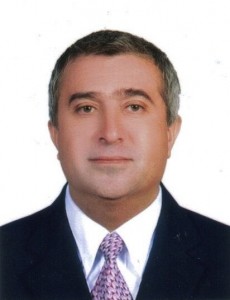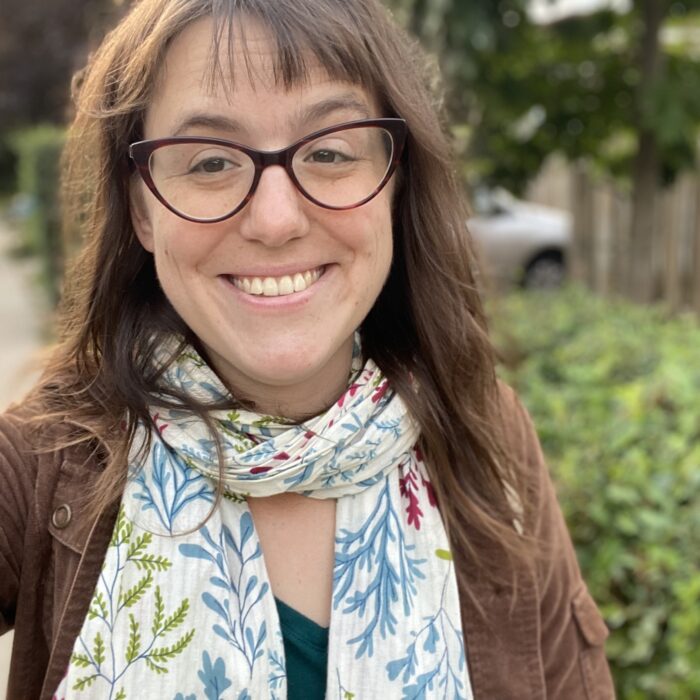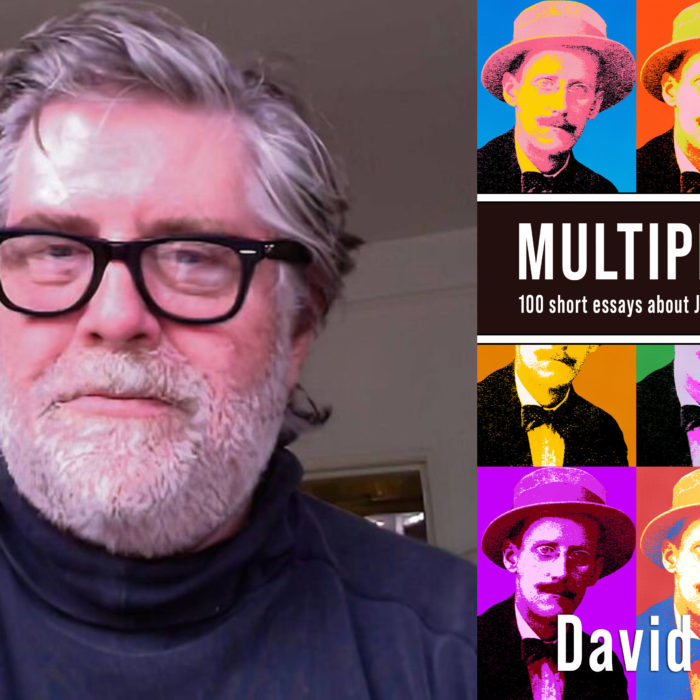You have no items in your cart. Want to get some nice things?
Go shopping
Kusay Hussein and Sue Reid Sexton collaborated on Kusay’s story, The Iron Gates of Freedom.
Kusay answers:
What is your earliest childhood memory?
As a child I lived in an old house that had been built by the British at a time when Iraq had a king. Old people were nostalgic for those times, saying they were the best, but the political slogans of the ruling Ba’ath party of my childhood said otherwise. It is this habitual duality that I remember most clearly.
What makes you happy?
To see other people happy.
When did you decide you wanted to be a writer?
I didn’t decide. It is my destiny. I found a pencil in my hand and wrote my first poem when I was seven, as soon as I’d learnt how to read and write.
How much of your writing is drawn from life and how much from your imagination?
The soul of the story is always entirely true, but the names are changed and some details are modified to make them more accessible or to make them work as a stories.
What are you reading at the moment?
I am reading various books about the current chaos in the Middle East. I’m also reading about its recent history. This is part of my research for a novel about events that have been prophesied, some of which have already come true.
What advice would you give to a first time writer?
Believe in yourself.
What is your guiltiest pleasure?
As a student I used to read novels when I was supposed to be studying engineering. I don’t need guilty pleasures now.
How do you relax?
Cycling in Pollok Park, near my house.
What is your favourite book?
Anything at all by Naguib Mahfouz
Which author is underrated or deserves to be better-known?
There are many good Iraqi writers who were not able to write or have their work published because of the situation under Saddam Hussein. However this is still the case in many ways, but now because of the limited religious views of some of those in power.
What’s the worst job you’ve had?
Mandatory army service. It made me feel less than human.
What is the most important thing life has taught you?
To keep going in hard times. Not to disappoint the people around me by collapsing.
Sue and Kusay answer:
How did you two meet?
Sue: Through the Scottish Book Trust and Scottish PEN. Kusay wanted to write in English and was looking for help. We used to meet in the glasshouse in our local park.
Kusay: For me it was like a dream to be able to go back to writing.
Sue, what’s your writing background?
Sue: My novel, Mavis’s Shoe, was published by Waverley Books this year and is about the bombing of Clydebank during WW2 as seen from the eyes of a young girl. Like Kusay’s work, it is fiction based on fact and has been meticulously researched. I have other novels I’m working on. I also write poetry, short fiction and drama, including a dramatization of the opening chapters of Mavis’s Shoe.
What made you decide to work together?
Kusay: It was great to be listened to and heard. I also feel I have a duty to record what happened in Iraq and what has happened there since I left.
Sue: For me, this work feels vital, fascinating and enriching. It is interesting to be close to another writer’s writing process and to forge collaborations of different kinds, especially across two cultures.
How do you collaborate on Kusay’s stories?
Both: They are written in English by Kusay then Sue sorts the language problems, a process she calls ‘transmogrification’ because it also sometimes involves making the words run more smoothly.
What’s the hardest thing about writing “in translation”?
Kusay: Sometimes I struggle to find the right word or phrase in English.
Sue: Equally, I sometimes finds it hard to keep Kusay’s imagery and style and at the same time convey his meaning and make the stories accessible to an English-speaking audience.
What’s the best thing?
Kusay: Knowing that people are reading my work.
Sue: It’s enriching on many levels, linguistically, culturally and personally.
What happens next (or what do you want to happen next)?
Both: We are working on several other projects. In particular we are co-writing a novel about an Iraqi in the UK and the family of a British soldier who dies in Iraq. Our other projects include more short stories, a non-fiction book about popular Iraqi sayings and some poetry. Kusay also has several novellas planned and another full-length novel. We would love all of these to be published.




